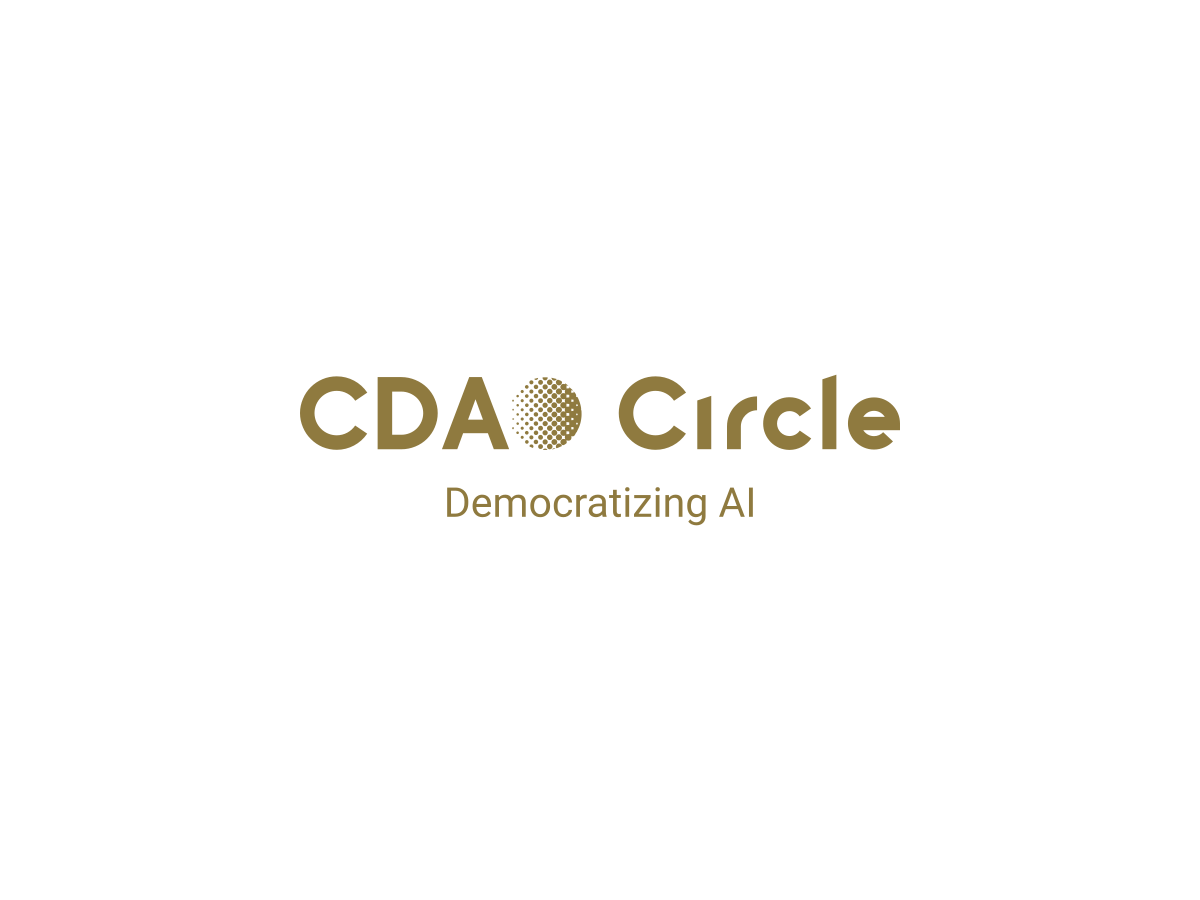In the digital age, elections are no longer just won on the campaign trail but also in the realm of data analytics and artificial intelligence (AI). The marriage of these technologies has fundamentally transformed the way political campaigns are conducted, from voter outreach to message customization and strategic decision-making.
At the heart of this transformation lies data. Campaigns today have access to an unprecedented wealth of information about voters, ranging from demographic data to consumer preferences and online behavior. Through advanced data analytics techniques, such as predictive modeling and segmentation, campaigns can identify key voter segments, understand their preferences, and tailor messages to resonate with specific audiences.
Moreover, AI technologies, particularly machine learning algorithms, have revolutionized the field of microtargeting. By analyzing vast datasets, AI algorithms can predict individual voter behavior with remarkable accuracy, allowing campaigns to customize their outreach efforts at an unprecedented scale. From personalized email campaigns to targeted social media advertising, AI-powered microtargeting has become a cornerstone of modern political strategy.
Furthermore, social media platforms have emerged as battlegrounds in their own right, where algorithms wield significant influence over the dissemination of information and shaping of public opinion. AI algorithms deployed by platforms like Facebook and Twitter play a crucial role in determining the content users see on their feeds, effectively shaping the narrative and influencing voter perceptions.
However, the increasing reliance on data science and AI in elections has also raised concerns about privacy, fairness, and the integrity of the democratic process. The use of personal data for political targeting has sparked debates about the ethical implications of microtargeting and the need for greater transparency and accountability in campaign practices. Moreover, the spread of misinformation and the manipulation of social media algorithms have raised alarms about the potential for AI-driven disinformation campaigns to undermine the integrity of elections.
Despite these challenges, the impact of data science and AI on elections is undeniable. These technologies have democratized access to voter data, empowered campaigns to reach and engage with voters more effectively, and transformed the way political campaigns are waged. However, with great power comes great responsibility. As we navigate the brave new world of AI-driven politics, it is imperative to strike a balance between innovation and ethics, ensuring that these technologies serve the collective good and uphold the integrity of our democratic institutions.
In conclusion, the influence of data science and AI on elections is profound and far-reaching, shaping the way campaigns are conducted, voters are targeted, and narratives are shaped. As we continue to grapple with the implications of these technologies, it is essential to remain vigilant stewards of ethics and accountability, safeguarding the integrity of our democratic process in the digital age.

